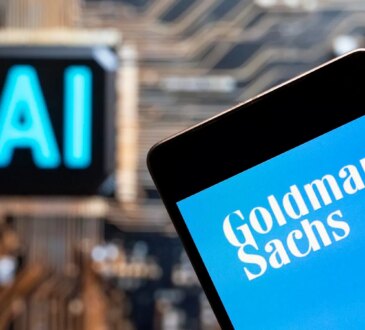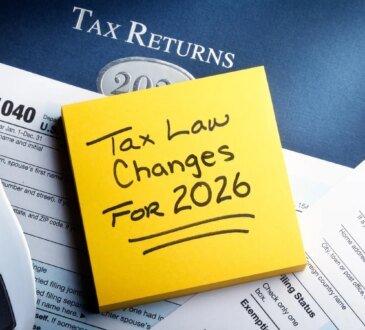Godwin Chuka, a 55-year-old civil servant, said savings remain his top financial priority in 2025.
“Savings come first because you’re sure your money is safe,” he told BusinessDay. “Investing isn’t a bad idea, but with how volatile the economy is, nothing is guaranteed.” If he were to invest, Chuka said he would opt for low-risk federal government securities.
Similarly, Juliet Nwamiri, a 25-year-old employee at a corporate firm, told BusinessDay that she is also prioritising savings this year, as she plans to start her own business.
“The economy is unpredictable right now, and I’m unsure about diving into investments,” she said. “Although banks offer minimal returns on savings, the assurance that your money is secure is enough for me.”
Read also: Tinubu welcomes Qatar investments initiatives in Nigeria
Ifeanyi Caleb, who is also a 9-5 worker, said that in 2025, savings is the goal, but he prefers saving in dollars over naira. He pointed out that inflation is rising despite the recent rebasing of figures to align with Nigeria’s food basket.
According to the latest Consumer Price Index (CPI) data, Nigeria’s inflation rate rose to 24.23 percent in March, marking the first increase since the rebasing and defying analysts’ expectations of a decline.
Despite rising inflation, financial service adoption is projected to grow in 2025, and eight out of every ten people plan to start using a new financial product or service, according to a new report by Intelpoint.
The report titled ‘Access to Finance: The Nigerian Perspective (2024–2025)’ included responses from more than 3,200 people across all 36 states and the FCT and revealed that savings, investments, and other financial services will dominate 2025.
It said, “The Nigerian market has seen an influx of investment and savings platforms over the past decade, most of which are removing the barrier to entering the investment market.”
It revealed that over 43.9 percent of respondents will increase their trust in financial institutions in 2025. This means that 46.2 percent see more transparent policies and fees, 32 percent see increased security features, 17 percent will see better customer service, and 6.6 percent see stronger regulatory oversight.
Where Nigerians plan to keep their money in 2025

With rising trust in financial institutions, the Intelpoint report disclosed that 59.0 percent of respondents said they plan to keep most of their money in commercial banks, followed by digital banks (23.5 percent).
Other options include cooperative savings or thrift contributions (8.9 percent), investment platforms (6.0 percent), and cash stored at home or in safes (2.6 percent).
Commercial banks remain the most trusted and widely used financial institutions in Nigeria. Their dominance is attributed to their longstanding reputation, nationwide physical presence, and the security associated with formal banking channels.
The report disclosed that there are over 4,400 commercial bank branches in Nigeria. An adult population of 133.3 million means there are 30,008 adults to one commercial bank in Nigeria. It further disclosed that Nigeria had 64.9 million unique account holders as of December 2024.
Read also: Airtel to double Nigerian capital investments after profitability return
However, with deposit insurance provided by the Nigeria Deposit Insurance Corporation (NDIC) and oversight from the Central Bank, customers often view commercial banks as the safest option for saving large sums.
These banks also offer a variety of services, including fixed deposits, salary accounts, business loans, and digital banking features, which add to their convenience and perceived reliability.
It further noted that the 23.5 percent preference for digital banks reflects Nigeria’s growing fintech revolution. Digital-only banks like Kuda, Moniepoint MFB, and OPay offer higher interest rates and faster customer service, making them especially appealing to young, tech-savvy Nigerians.
Their mobile-first approach enhances accessibility, particularly in areas where traditional banks have limited presence.
According to Datareportal, a real-time internet statistics platform, 150 million cellular mobile connections were active in Nigeria as of early 2025, and 107 million individuals were using the internet, with online penetration at 45.4 percent.





